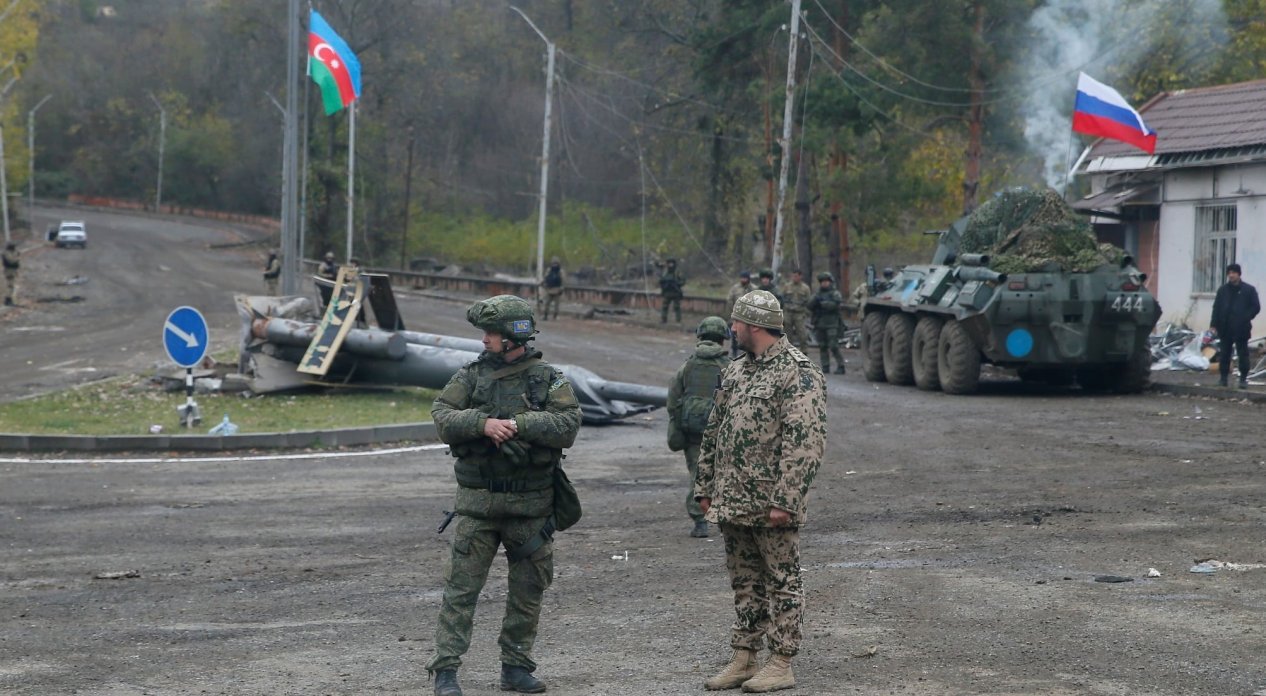
“There are Russian peacekeepers here, and they are successfully fulfilling their commitments. It is impossible for the French to appear in the Karabakh region of Azerbaijan without the consent of Baku,” editor-in-chief of the magazine "National Defense", Russian military expert Igor Korotchenko said. He noted that otherwise, it will be interpreted as an open armed provocation by the French side. The expert did not consider it possible that the idea of deploying French troops in Armenia would come true.
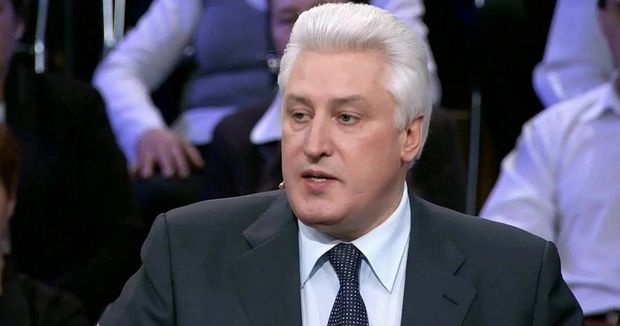
The deployment of a peacekeeping mission in Karabakh was among the principles discussed during the talks. However, this issue is considered both as a base related to Karabakh and as a last resort in the Madrid Principles. First of all, conditions have been set for the liberation of the occupied Azerbaijani territories and the return of IDPs.
Azerbaijani President Ilham Aliyev touched upon this issue in an interview with the Haber Turk TV channel on October 13, 2020. He said that no country can send peacekeepers to Azerbaijan without its permission. This is against international law. The president of Azerbaijan reminded that the basic principles under discussion envisage the deployment of peacekeepers at the final stage: “First of all, the vacation of lands, the return of IDPs, the opening of borders, the establishment of transport and trade relations. It is not excluded that peacekeepers will be brought after that.”
It is known that the Armenian side did not withdraw its troops from the occupied Azerbaijani lands, despite the demands of international organizations, but said that "Karabakh is Armenia" and made it impossible to resolve the issue through negotiations.
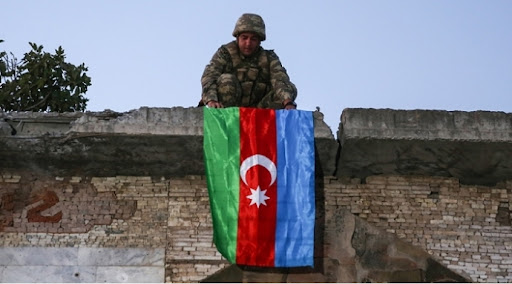
On September 27, 2020, during the 44-day counter-offensive carried out by the Azerbaijani army against the provocations of Armenia, Azerbaijan liberated most of the occupied territories. Armenia, which suffered a heavy defeat on the battlefield, had no choice but to surrender and signed a tripartite statement. According to a statement signed by the presidents of Azerbaijan and Russia and the prime minister of Armenia on November 10, 2020, the Armenian army committed to withdraw from three more regions, Agdam, Kalbajar and Lachin.
Thus, Azerbaijan has implemented the principle of unconditional liberation of the occupied territories reflected in the resolutions of international organizations, especially the UN. In addition, as mentioned above, the statement reflects the conditions for the return of IDPs, the opening of transport links, especially the "Zangazur Corridor" connecting the western regions of Azerbaijan and Nakhchivan, and the withdrawal of the rest of the Armenian armed forces from the Azerbaijani territories.
As for the deployment of a peacekeeping mission in Karabakh, which is the main topic of our study, the terms of the November 10 tripartite statement show that the deployment of a peacekeeping contingent in Karabakh was allowed only after Azerbaijan's demands were reflected in the document. By the way, the issue of the peacekeeping contingent is reflected in paragraph 3 of the statement. It reads: Along the contact line in Nagorno-Karabakh and along the Lachin corridor, a peacekeeping contingent of the Russian Federation shall be deployed in the amount of 1,960 military personnel with small arms, 90 armored personnel carriers, and 380 units of the automobile and special equipment.
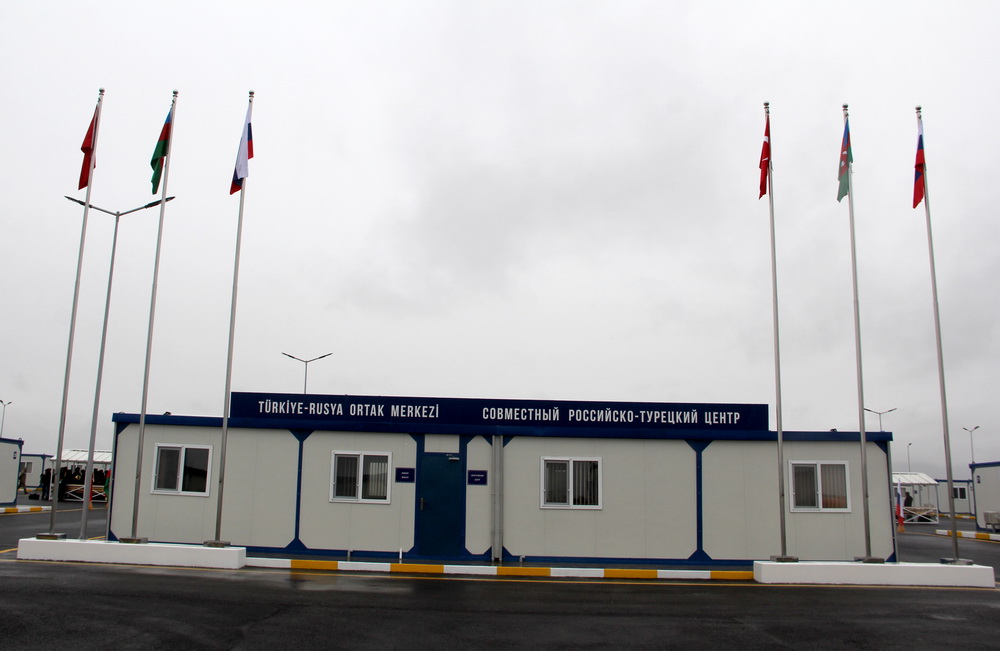
However, a day after the trilateral statement, on November 11, 2020, the Russian and Turkish defense ministers signed a memorandum on the establishment of the Turkish-Russian Joint Monitoring Center. In January 2021, the Monitoring Center was launched in the territory of the Aghdam region liberated from Armenian occupation. The main purpose of the Center is to monitor the implementation of the provisions of the tripartite statement and the agreements reached. Experts say that the representation of the Turkish military in the center was possible due to the political will of the Azerbaijani side.
Taking into account the discussions taking place from time to time regarding the status of the Russian peacekeeping contingent, the contingent stationed in Karabakh belongs to the 15th Special Peacekeeping Motorized Rifle Brigade of the Russian Armed Forces. This brigade is the only group specially created in Russia to participate in UN-mandated peacekeeping missions.
By the way, peacekeeping missions have been organized since 1948 to establish peace and security after the conflicts. To date, more than 70 missions have been carried out. Currently, peacekeepers are conducting missions in Kosovo, Afghanistan, Iraq, Haiti, Cyprus, Lebanon, Syria, South and North Sudan, Mali, Cote d'Ivoire and other conflict zones. In total, there are 13 UN-mandated peacekeeping missions. 7 missions operate without a UN mandate.
These facts show that with the consent of Azerbaijan, the Russian military is already carrying out a peacekeeping mission in Karabakh, and 60 Turkish servicemen at the Joint Monitoring Center. In this sense, the arrival of foreign troops in Karabakh is not a topic of discussion at the moment.
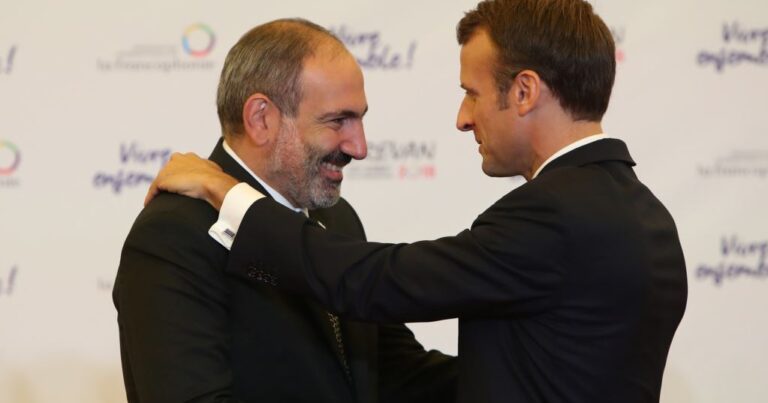
As for the idea of deploying French troops in Armenia, a number of politicians in Armenia, including Nikol Pashinyan, have proposed the deployment of troops belonging to the OSCE Minsk Group on the Azerbaijani-Armenian border. But Armenia cannot take this step even if it wants to. First, it contradicts the military and political interests of Armenia, a strategic ally of Russia, which has a large military base in the country. Secondly, it is a violation of the commitments under the Collective Security Treaty Organization (CSTO).
The point is that Article 2 of the Collective Security Treaty reads that States Parties should consult with each other on all important issues of international security affecting their interests and coordinate their positions on such issues.
This factor alone is enough to deter Armenia from inviting military contingents from other countries, especially France and the US.




















